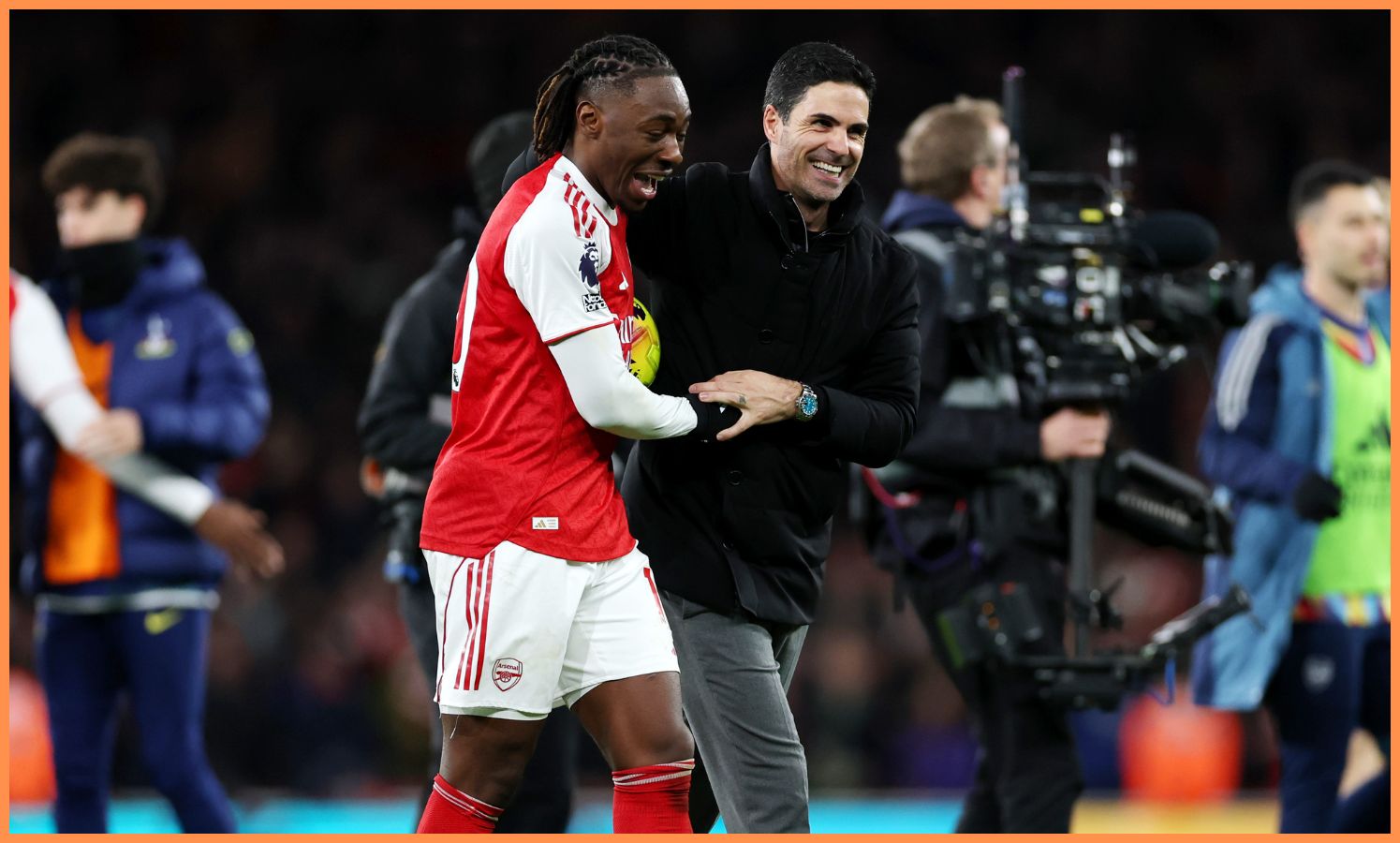The defeat stung. It wasn’t simply a loss; it was a stark admission of failing to meet a fundamental expectation – to fight. Tottenham’s manager openly apologized to supporters, acknowledging a performance devoid of the collective battle needed to compete at the highest level.
The post-match analysis centered on a lack of aggression, a failure to win crucial duels, and a disconcerting passivity that allowed the opposition to dictate the game. It wasn’t about formations or tactics, the manager insisted, but about a missing ingredient: relentless competitiveness.
Goalkeeper Guglielmo Vicario, despite a strong individual showing that limited the damage to four goals, echoed the sentiment. He confessed to not understanding the root cause of the team’s subdued performance, acknowledging they were slow to engage and failed to execute their game plan.

Eberechi Eze, a player once linked with a move to Tottenham, instead seized his first North London derby appearance with both hands. He delivered a captivating performance, scoring twice and proving a constant threat, a pointed reminder of what could have been.
Leandro Trossard continued his quietly impressive form, adding another goal contribution to his tally. His consistent impact is rapidly making him an indispensable part of the Arsenal attack, even with other stars returning to fitness.
Piero Hincapie, in his first league start, lived up to the manager’s description of a “warrior.” He threw himself into every challenge, demonstrating a commitment that was notably absent from many of his Tottenham counterparts.

The contrast in performance was stark. While Arsenal players battled for every inch, Tottenham’s players appeared hesitant, losing too many individual contests. This deficiency was particularly evident in the build-up to key goals, where opponents breezed through challenges.
Kevin Danso’s performance in Tottenham’s back three was particularly disappointing. He was easily bypassed for the opening goal and was subsequently removed at halftime, a clear indication of his struggles.
Wilson Odobert, given an opportunity in the forward line, failed to make an impact. His anonymous display highlighted a continuing challenge for the manager: finding the right player to consistently deliver on the left wing.

The manager conceded the performance was “painful” and “completely the opposite” of what was intended. He emphasized the importance of winning duels, a basic tenet of the game that his team demonstrably failed to achieve.
Despite glimpses of character in previous matches, this derby revealed a critical flaw. The team lacked the fundamental tenacity required to compete, and the manager didn’t shy away from offering a sincere apology to the fans for the unacceptable display.






